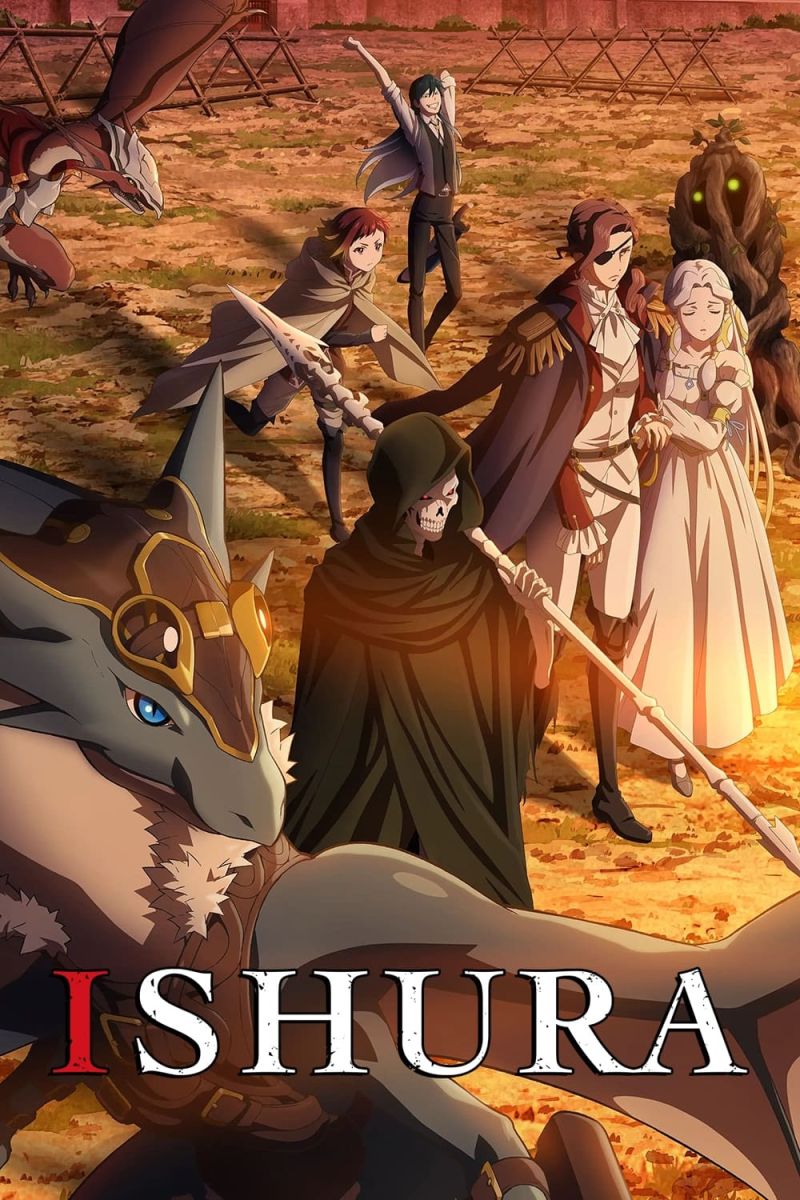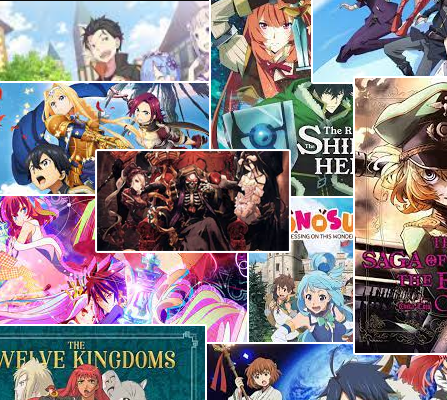The Battle for Supremacy in a Post-Demon King Era

Anime has long been a medium where epic battles, philosophical conflicts, and deeply intricate character narratives thrive. Enter “Ishura,” a fantasy-action anime that takes these elements and crafts an ambitious, battle-heavy story set in a world where power dictates survival. Adapted from Keiso’s light novel series, “Ishura” offers a fresh take on the aftermath of a great war—the fall of the Demon King—where the strongest of the strong compete for dominance. The anime attempts to answer a compelling question: Who is truly worthy of being called the ultimate hero?

With its premise revolving around an ensemble of warriors, each possessing unparalleled strength, “Ishura” draws inspiration from classic battle royale concepts while weaving in elements of strategy, morality, and existential struggle. While the series does an admirable job introducing a diverse and intriguing cast, its execution has received mixed reactions from fans and critics alike. Is it a masterpiece of combat-driven storytelling, or does it fall short of its ambitious vision? Let’s take a deep dive into the plot, characters, and overall appeal of “Ishura.”
Plot Overview: A World Without a Demon King

The story of “Ishura” takes place in a realm recently liberated from the tyranny of the Demon King. His death, however, leaves a power vacuum, setting the stage for a chaotic free-for-all among the world’s most powerful beings. With no singular ruler to maintain balance, warriors, demigods, and legends alike rise to the occasion, vying for the coveted title of the “One True Hero.”

Among the competitors are individuals with extraordinary abilities—swordsmen who can cut through dimensions, spellcasters who can rewrite reality, and assassins who can kill without leaving a trace. These warriors are not fighting for justice or peace, but rather for recognition, legacy, and personal desires. As battle after battle unfolds, alliances are made and broken, ideologies clash, and the very definition of strength is put to the test.
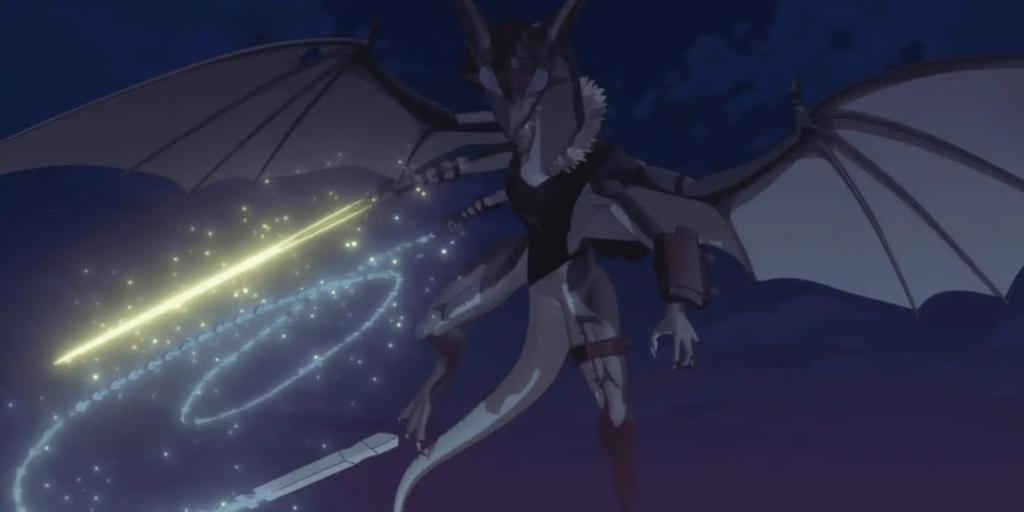
Unlike many fantasy anime that focus on a single protagonist’s journey, “Ishura” instead adopts a multi-perspective storytelling approach. This allows viewers to witness different philosophies and fighting styles, making each battle feel unique. However, it also presents a challenge—balancing multiple character arcs within a limited episode count. While this adds complexity to the world-building, it also risks leaving some narratives underdeveloped.
Main Characters: Warriors of Unmatched Strength
One of “Ishura’s” biggest selling points is its diverse roster of warriors, each possessing distinct abilities, personalities, and motivations. Here’s a closer look at some of the key players:
Soujirou Yagyuu – The Peerless Swordsman

A master fencer whose skills are so refined that he can read his opponent’s weaknesses with a single glance, Soujirou is an enigma on the battlefield. Unlike many of his rivals, he does not fight for power or glory but rather for the sheer joy of battle. His philosophy is centered around perfecting his technique, making him both an awe-inspiring and unpredictable force. His interactions with Tooi, a young girl who travels with him, add a softer, more philosophical side to his character, contrasting with his otherwise ruthless combat approach.
Alus The Star Runner – The Greedy Rogue

Alus is a wyvern rogue who wields three legendary weapons at once, making him one of the most formidable aerial fighters. Unlike some of his more honor-driven competitors, Alus is driven by greed and ambition. He believes power should be seized by those willing to take it, and he sees the battle for supremacy as an opportunity to carve his name into history. His cunning and resourcefulness make him a dangerous adversary, often using deception and brute force in equal measure.
Kia The World Word – The Reality-Bending Mage

A young elven wizard with the ability to bring her thoughts into reality, Kia wields one of the most dangerous abilities in the series. However, her naive worldview and limited understanding of the world outside her elven community make her a fascinating character. As she navigates the treacherous battlefield, she is forced to reconcile her innocence with the harsh realities of war and ambition.
Kuze The Passing Disaster – The Holy Assassin

Kuze is a paladin whose strength is amplified by his divine partner, Nastique. He is bound by a strict code of duty, yet his missions often involve assassination—a contradiction that adds layers to his character. His story revolves around internal conflict, as he struggles to justify his actions while remaining true to his ideals. His partnership with Nastique is also one of the more intriguing dynamics in the series, as they function both as allies and moral counterweights to each other.
Regnejee The Sunset Wings – The Wyvern Leader
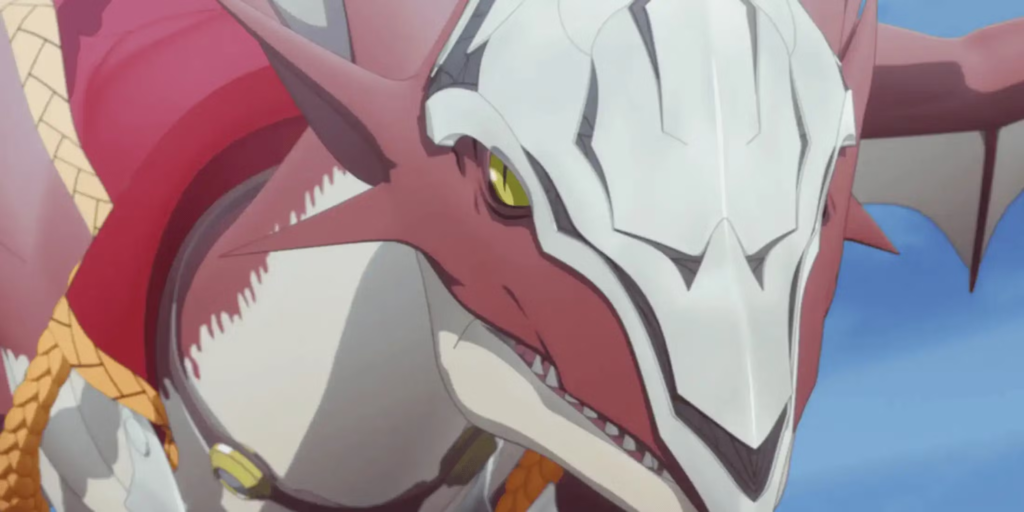
Regnejee is not just a warrior but also a strategist, leading his fellow wyverns in a bid for dominance. Unlike Alus, who thrives on personal gain, Regnejee operates with a grander vision—securing the future of his kin. His bond with Curte, the blind daughter of the governess of Lithia, adds emotional depth to his otherwise war-driven persona, making him one of the more multifaceted characters in the series.
Analysis: Strengths and Weaknesses of “Ishura”

What Works?
- Engaging Battles: The fights in “Ishura” are undoubtedly one of its strongest aspects. Each character’s unique abilities make for dynamic and visually striking encounters, with a level of strategy that keeps viewers on their toes.
- Diverse Cast: Unlike many battle-focused anime that rely on a single protagonist, “Ishura” offers multiple perspectives, allowing different ideologies to take center stage.
- Moral Complexity: Rather than presenting a traditional good vs. evil narrative, “Ishura” explores themes of ambition, self-worth, and what it truly means to be strong.
What Falls Short?
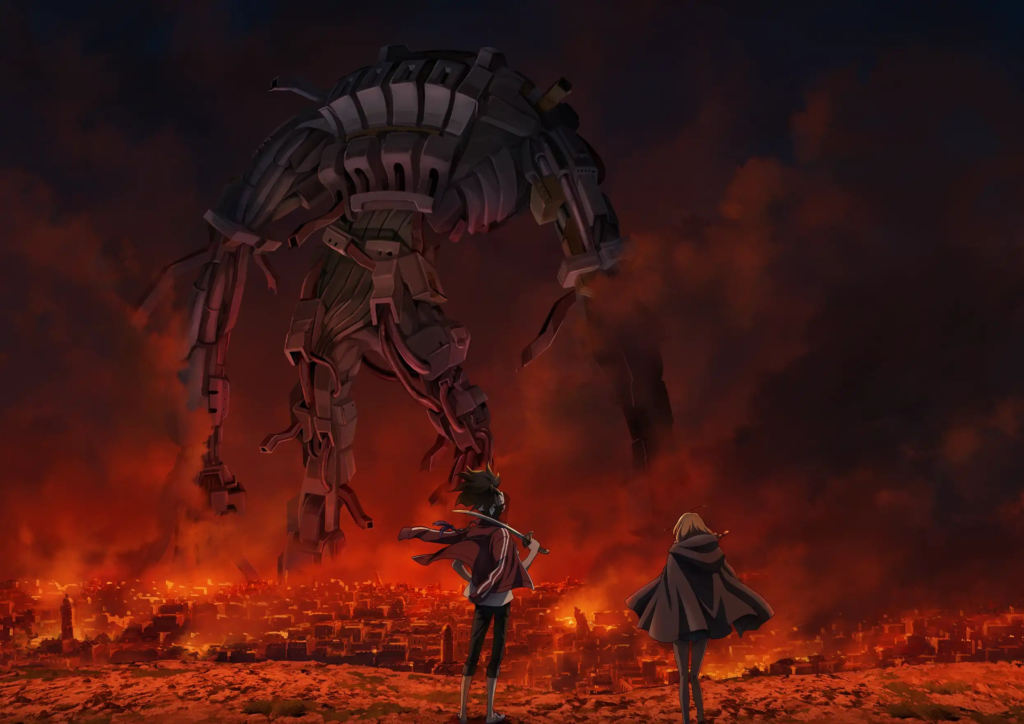
- Pacing Issues: With so many characters to introduce, some arcs feel rushed or underdeveloped. The limited screen time makes it difficult for viewers to emotionally connect with all the warriors.
- Inconsistent Animation: While certain battle sequences are beautifully choreographed, others suffer from noticeable dips in animation quality, which can detract from the immersion.
- Overcomplicated Storytelling: The multi-perspective approach, while ambitious, can sometimes feel overwhelming, making it difficult for casual viewers to fully grasp each character’s motivations and backstory.
Final Thoughts: Is “Ishura” Worth Watching?
“Ishura” is a series that thrives on spectacle and ambition. It offers high-intensity battles, an intriguing

power struggle, and a roster of compelling characters, each with their own motivations and fighting styles. However, its flaws—rushed storytelling, inconsistent animation, and a somewhat fragmented narrative—prevent it from reaching its full potential.
If you’re a fan of action-heavy anime like “Fate/Zero” or “Record of Ragnarok,” then “Ishura” will likely provide the adrenaline-fueled combat you’re looking for.
However, if you prefer deeply developed character arcs and a more cohesive narrative structure, you may find yourself frustrated by its shortcomings.

At the end of the day, “Ishura” is a bold but imperfect entry in the fantasy-action genre. While it may not be a game-changer, it certainly provides enough entertainment for those seeking intense battles and a diverse cast of warriors.
Action Action Anime Adventure Animated Films Anime Anime Review Battle Royale Best Anime 2023 Best Anime 2024 Body Horror Emotional Anime Fantasy Fantasy Anime Friendship Frieren Beyond Journey’s End Gaming Anime Horror Anime Isekai Ishura Leveling Log Horizon Love Story Madhouse Magic MMORPG MonkeyDLuffy Monster Must-Watch Anime OnePiece Parasyte Player Psychological Psychological Thriller Romance Anime Sci-Fi Shangri-La Frontier Slice of Life Fantasy Sousou no Frieren Sunraku Supernatural Survival Time and Mortality Time Travel VRMMO Your Name

